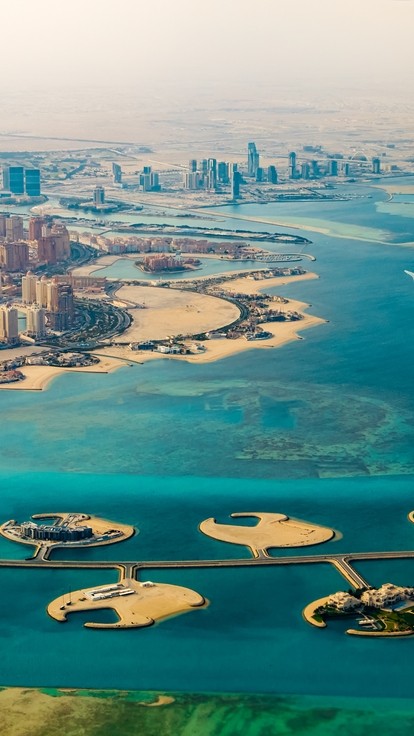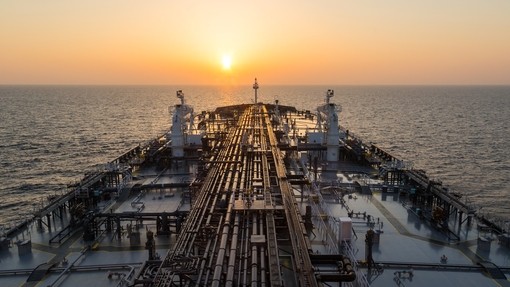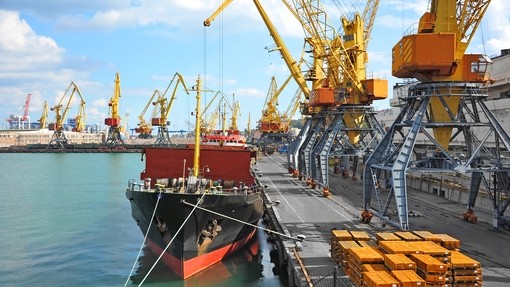Gulf crisis: Qatar sanctions

Details
On 4 June 2017 Saudi Arabia, UAE, Egypt and Bahrain broke diplomatic and trade ties with neighbouring Qatar accusing Qatar of financing extremist groups. The sanctions imposed against Qatar will have a major impact on shipping, trade and associated finance and insurance.
The impact on energy trading in particular will be significant because Qatar’s port of Ras Laffan is the largest liquefied natural gas complex in the world and Qatar is a major exporter of oil and natural gas liquids.
As well as ejecting Qatari diplomats, the above countries are also prohibiting all land, sea and air traffic with Qatar. Qatari carriers are prohibited from flying over their territories. Saudi Arabia and Egypt have said foreign airlines may also have to seek permission for flights over Qatar.
The UAE announced that any Qatari flagged vessels, vessels owned by Qatari domiciled companies or individuals or vessels bound for or leaving Qatari ports would be prohibited from calling at the port of Fujairah or at the Fujairah offshore anchorage. Similar prohibitions are currently operating at Jebel Ali and will likely apply to other UAE ports.
On 5 June 2017 DP World UAE issued a notice prohibiting with immediate effect Qatari flagged or owned vessels from calling at any UAE region port. This prohibition was then extended to include all vessels calling at or having left Qatari ports.
Saudi Arabia has stated that no Qatari flagged/owned vessels will be allowed to enter Saudi territorial waters and cargoes from Qatari ports will also be refused permission to discharge. Bahrain has likewise prohibited Qatari flagged or owned vessels calling at its ports.
We wait to see whether Egypt will block Qatari vessels from transiting the Suez Canal.
Whilst we continue to monitor the situation in the region, these sanctions have already impacted shipping and trade. For instance:
- crew and personnel are being prevented from joining or leaving vessels arriving from or calling at Qatari ports
- a number of Qatari LNG tankers have deviated or returned to Qatar
- feeder vessels carrying Qatari bound cargo have been prevented from operating
- vessels have not been allowed to bunker where they are destined for or have travelled from Qatar
Owners, charterers, traders, ship managers, operators and insurers will, amongst other issues, need to consider:
- Charterparty sanctions clauses and trading limits to assess whether they respond to the current Qatari sanctions.
- Will safe port/safe berth warranties be triggered as a result of calling at Qatar or at a port which has prohibited Qatari linked vessels?
- Does the charterparty contain terms which specifically deal with blockades?
- How does the charter party address deviations?
- Are there force majeure or prohibition clauses in the sale contract which allow the parties to delay performance, provide alternative performance or cancel the contract?
- Where cargoes are sold Cost, Insurance and Freight (CIF), do the sale contract terms still require payment by the buyer even where the vessel cannot call at the discharge port?
- Might a presentation of conforming shipping documents be refused under a letter of credit by reason of supervening illegality?
- Where cargoes are sold Freight on Board (FOB) and the vessel cannot call at the load port, can the buyer terminate or will the seller be able to declare force majeure?
- Will insurers’ consent or additional premium be required to maintain cover for the intended voyage?
It is unclear how long such sanctions will remain in place against Qatar and whether other states in the Middle East will follow suit.
We recommend that parties trading with Qatar and those that have fixed Qatari vessels or vessels calling at Qatari ports review their contracts urgently and seek legal advice where necessary.






